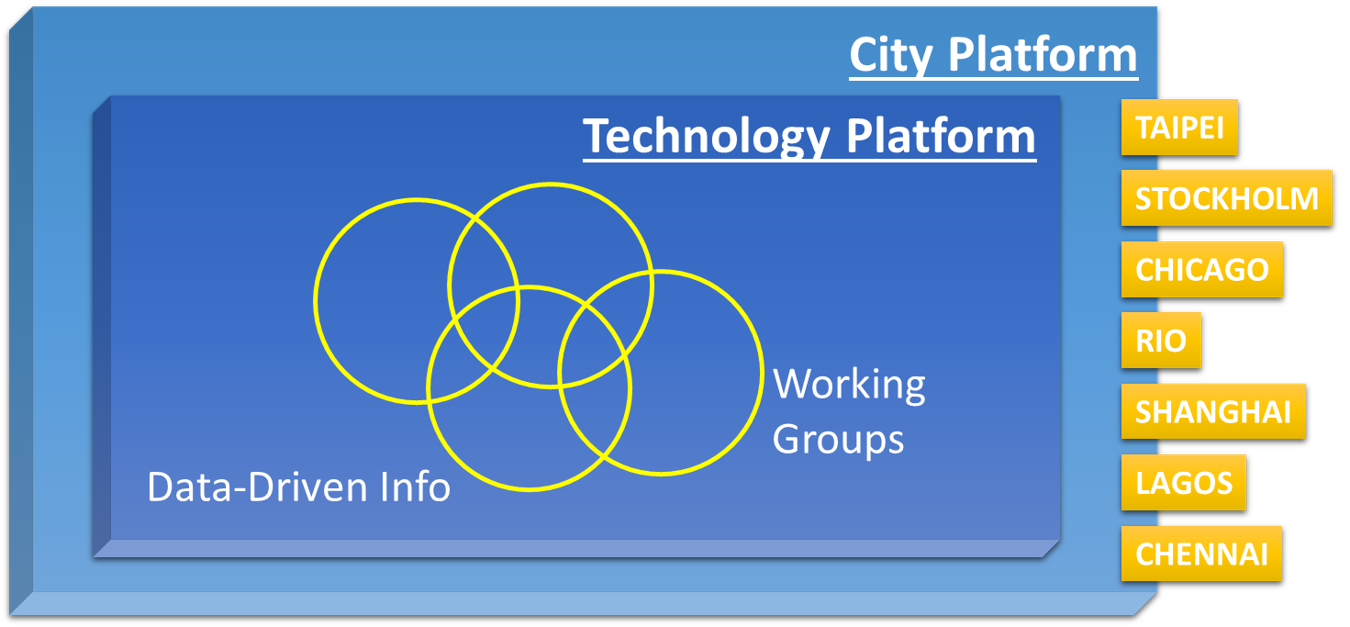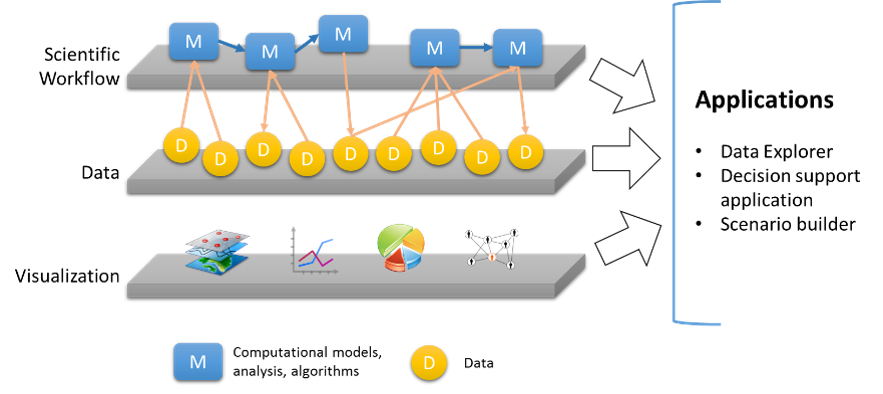UrbInSuRe will create a lifecycle pipeline for multidisciplinary, data-driven projects. The pipeline is an innovative model that combines successful elements of National Science Foundation-funded synthesis centers, such as the National Center for Ecological Analysis and Synthesis (NCEAS) and SESYNC, with technologies and expertise from the National Center for Supercomputing Applications (NCSA), Argonne National Laboratory, and the Renaissance Computing Institute (RENCI). The approach is currently being prototyped with the national GI working group at SESYNC. The pipeline will enable new ideas to emerge and coalesce in synthesis workshops and working groups that bring together trans-disciplinary teams with external partners from industry, government agencies, non-governmental organizations, and academia. Working groups meet for intensive retreats and collaborate remotely between retreats, led by faculty and supported by post-doctoral research associates, students, and staff. Each working group will regularly share knowledge and ideas with the other groups to ensure cross-fertilization.
The working groups will deploy the synthesis structure proposed by the NSF-funded Water Science Software Institute conceptualization team to advance domain research, education, informatics methods, cyberinfrastructure, and knowledge transfer. The groups will generate high-profile publications, new methods and technologies, engage with project-based classes, and transfer knowledge to and from city, agency, and industry partners.
Source: NSF Water Science Software Institute conceptualization team, 2011
Center research, education, and knowledge transfer activities will be supported by an advanced cyberinfrastructure that will build from existing prototype technologies to create a state-of-the-art community service platform with data/information from partner cities. The platform will support a collaborative process for seamlessly linking and sharing data acquisition and analysis, models, and workflows (sequences of analytical and modeling steps). These tools will be accessible through user-friendly, yet computationally powerful, Web applications for knowledge creation and decision support. The platform will be made available to campus and external users for open research, education, and engagement; users will be invited to contribute to advancing its capabilities through an open-source community.



